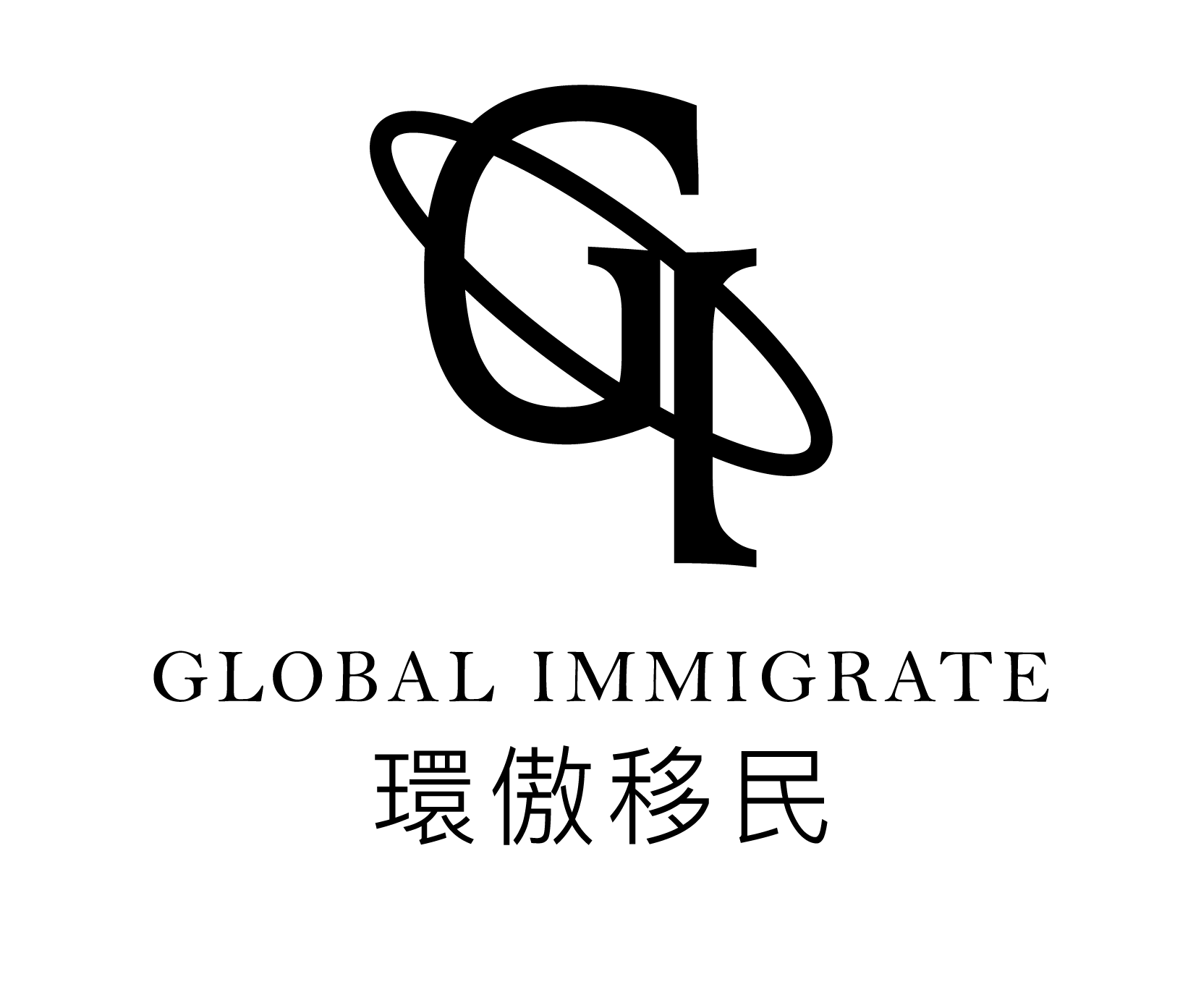Education System
All you need to know about the Canadian education system
Canada invests significantly in its education system. Canada is one of the world’s top education performers and, in fact, is among the top three countries when looking at spending per capita on public post-secondary education (Organization for Economic Co-operation and Development).
HOW IT WORKS
The Canadian post-secondary education system is divided into:
- Certificate level, usually for one year
- Diploma level, usually for one or two years
- Advanced Diploma level, usually two or three-year programs
- Bachelor degree level, awarded after four years of full-time study
- Postgraduate diploma/certificate level, for one or two years of study
- Master’s degree level, awarded for one to two years additional studies specializing in a certain subject
- Doctorate or PhD level, usually four to seven years research specializing in a certain subject.
Academic Year
The majority of colleges and universities usually offer classes from early September until the end of April / early May. This is typically divided into two terms from September until December and then from January until April. In addition, there are several different types of summer studies offered between May and August. There are also some schools in Canada that offer all year schooling.
At university, undergraduate degrees can take either three or four years to complete depending on which university you study at. Postgraduate degrees can take between one and two years to complete depending on which degree you study. A Master’s degree typically takes between one to two years and a PhD is typically longer than in other countries, generally taking between four and seven years to complete.
Teaching and Learning Style
Canadian universities are devoted to research and high-quality teaching, but they also aim to provide opportunities to improve students’ learning, career development and life quality. Classes at university are a mix of lectures and tutorials. Lectures are taught to between 30 to 200 students and are presented by professors. They generally are linked to another taught component such as a tutorial or lab work.
A tutorial or lab work provides an opportunity for a more in-depth discussion of topics within the course. The size of a tutorial group can range between 20 to 30 students.
Fees and Scholarships
Education costs
Studying overseas can be more costly than studying in your home country. However, if you compare the costs of studying in Canada to the costs in the UK, Australia, New Zealand and the US, Canada offers the lowest tuition fees for foreign students. For your studies in Canada, the tuition fees will typically be between CAD 7,000 and CAD 29,000 a year. However, please remember this is a general guide and the cost of your studies may vary depending on the institution, level and subject you are applying for, as well as the location and your own lifestyle.
In general, subjects such as the humanities, education and the arts are typically cheaper, while subjects such as medicine and engineering are typically more expensive. If you choose to study at the postgraduate level, your tuition fees are typically higher, again this will vary depending on the subject. Like most other countries, if you choose to study an MBA in Canada, these are typically the most expensive postgraduate courses. On average expect to pay around CAD 42,000 for your MBA in Canada.
Scholarships
Scholarships are available in some Canadian schools and universities and, in addition, there are some awards for international students who achieve outstanding results. The amount of money available and the type of award does vary depending on the institution. Scholarships can be competitive and you must typically apply directly to the school or university that offers them.
Here are some of the more popular scholarships.
Canadian Commonwealth Scholarship and Fellowship Plan
This is designed to enable students to study and research at an advanced level such as a Master’s or PhD level in Commonwealth countries that is not your home country. The award aims to cover travel costs, a living allowance and all compulsory tuition fees.
Shastri Indo – Canadian Institute
The Shastri Indo-Canadian Institute offers several fellowships at different levels from graduate to post-doctorate including research and training fellowships.
National Research Council of Canada (NRCC)
The NRCC offers research associateships to master’s degree holders in engineering and PhD holders in natural sciences or engineering disciplines.
Ontario Graduate Scholarships
The Ontario Graduate Scholarships (OGS) are for graduate students studying a wide variety of disciplines. To receive an OGS you must accept an offer from a university in Ontario and have a valid student permit (visa).
Natural Sciences and Engineering Research Council (NSERC)
The NSERC supports basic university research with research grants as well as project research via partnerships with universities and industry.
Ontario Trillium Scholarship
Each Ontario Trillium Scholarship is worth HKD 40,000 annually and is renewable for a maximum of four years. These are available for the best doctoral students from around the world. In total, 75 scholarships are awarded every year.
Ontario universities select and award scholarships to international PhD students based on merit.
